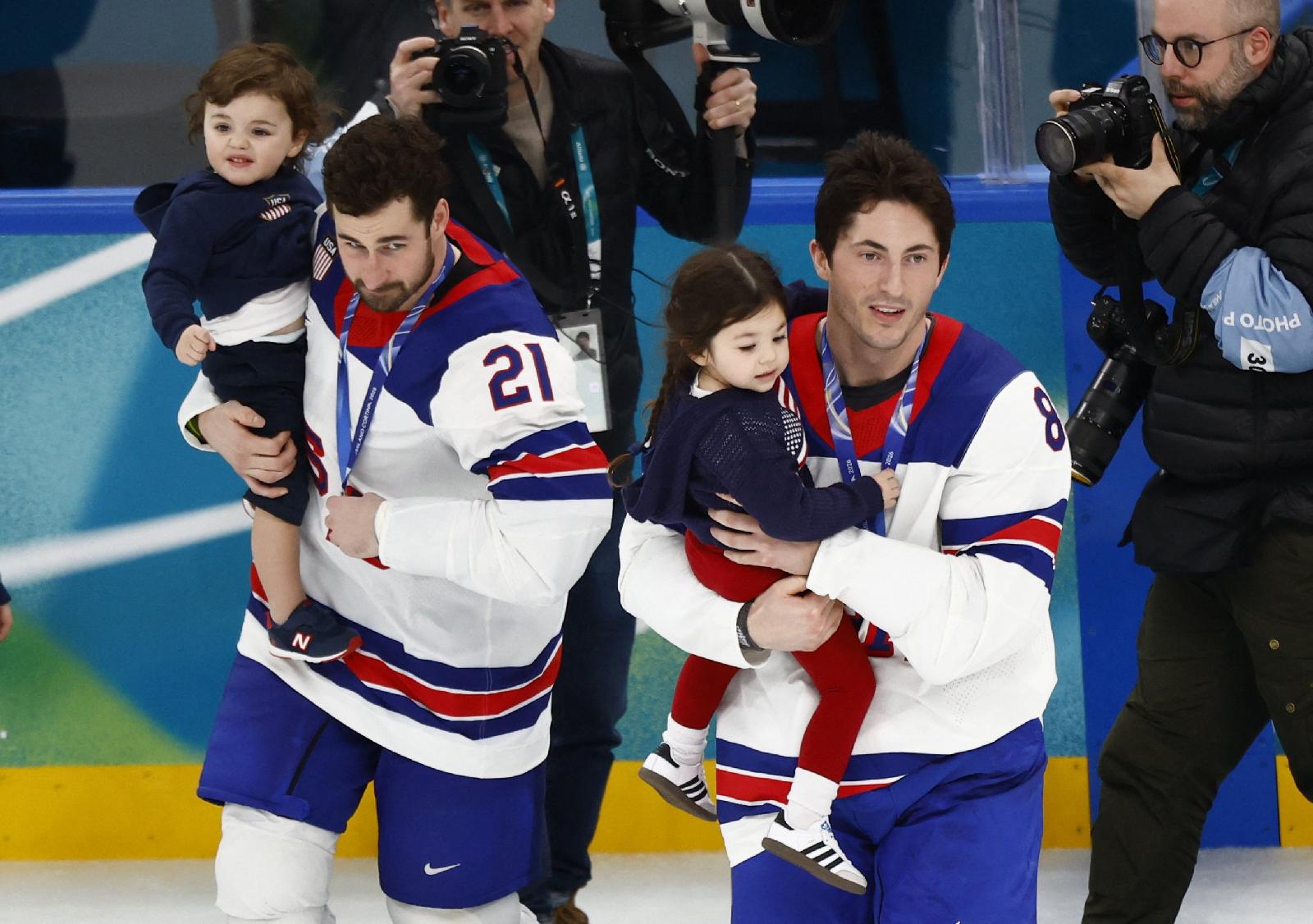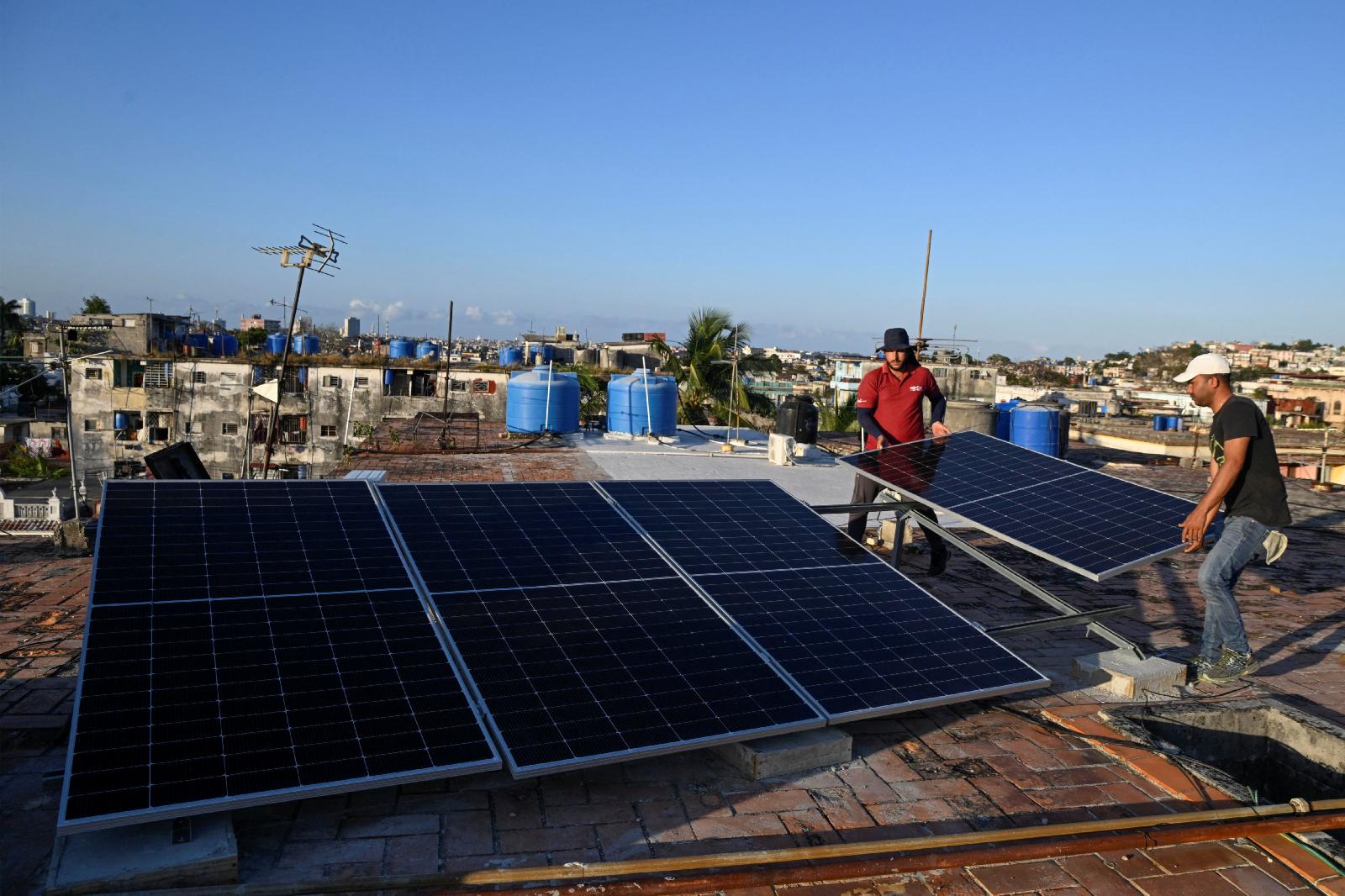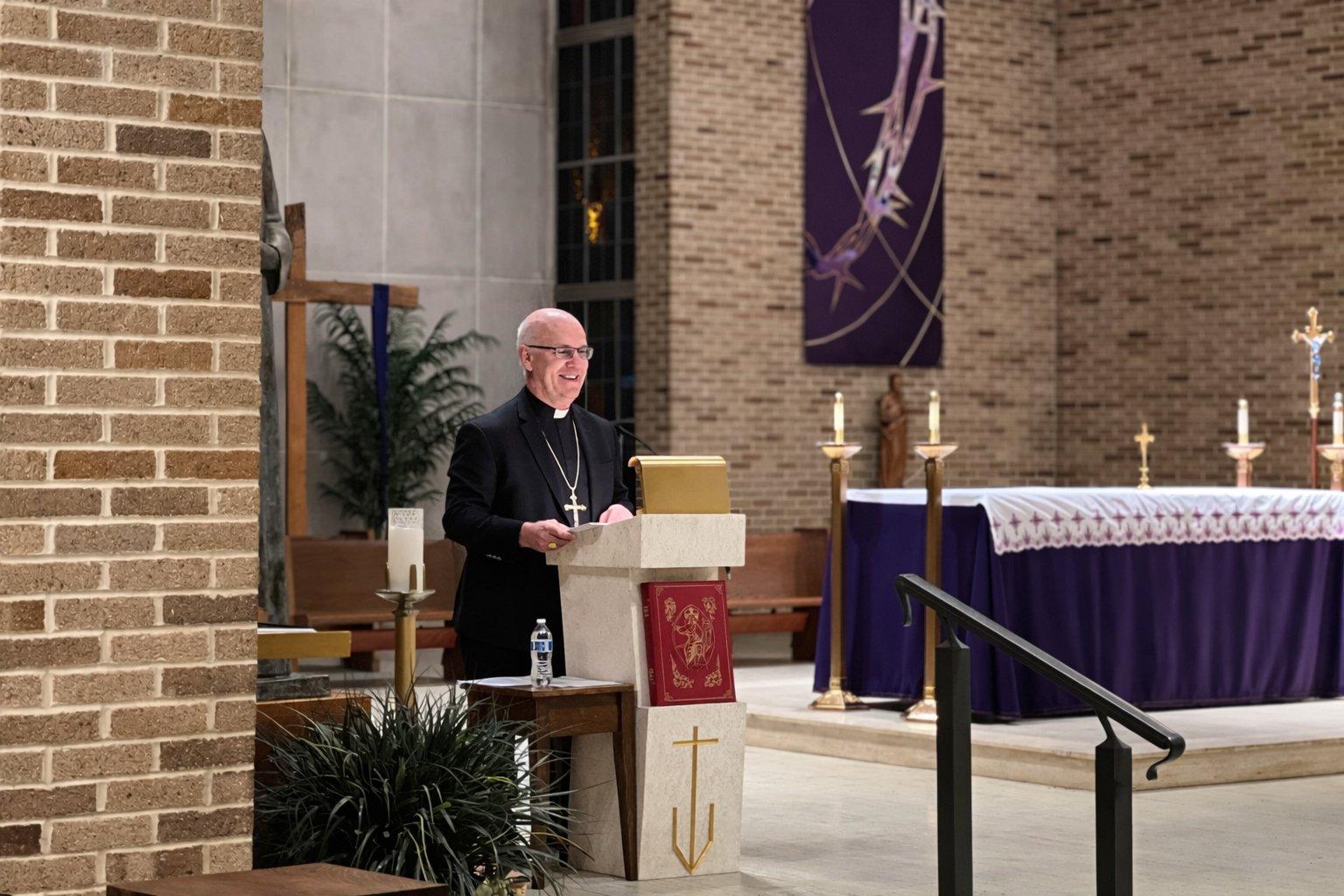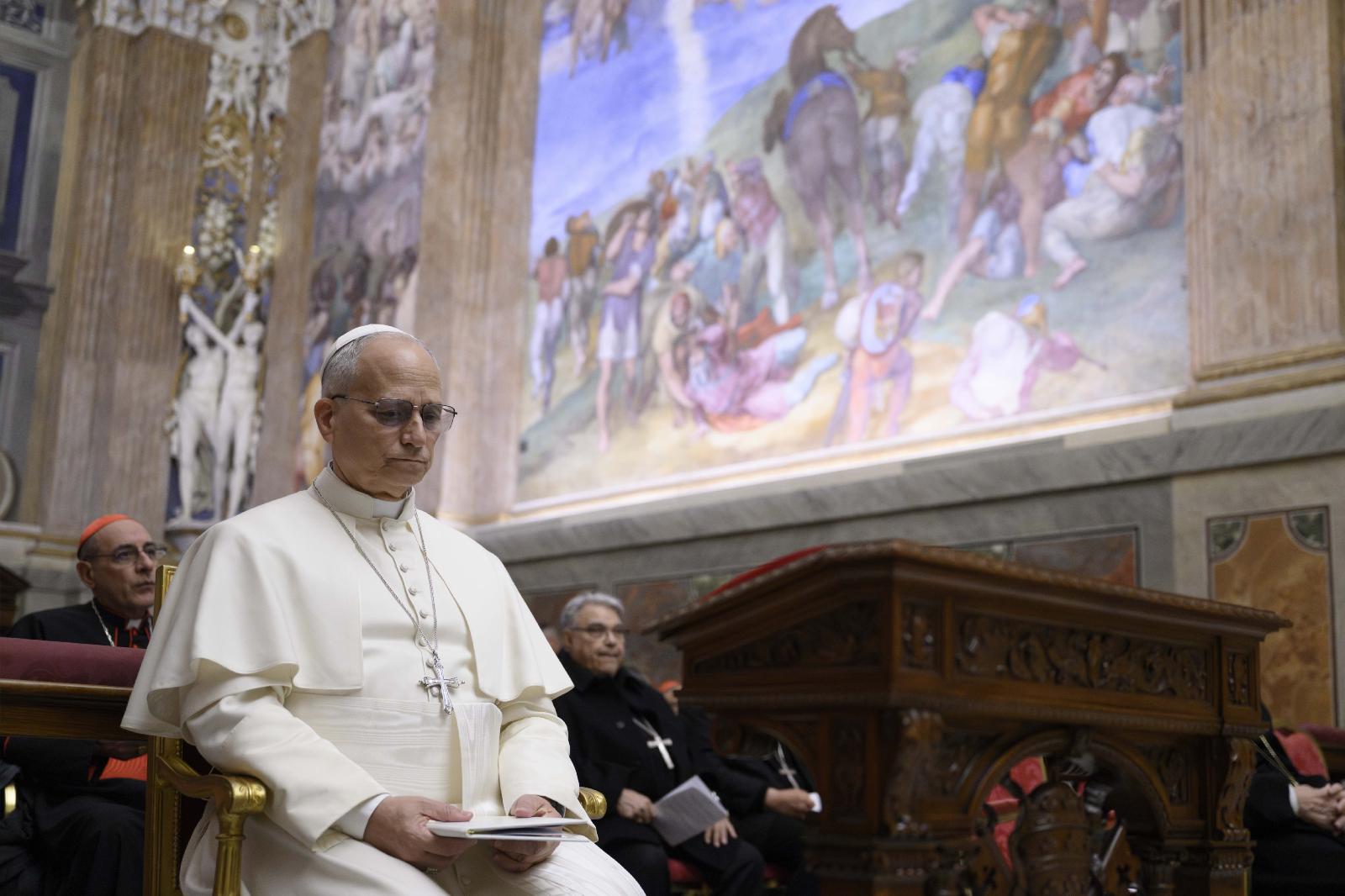Rubio changes the tack of Trump’s Ukraine negotiations after week of chaos
Army Secretary Dan Driscoll, an unusual choice to play diplomat, spent two days last week delivering a tough message to Ukraine and its European allies: Accept the offered 28-point peace proposal by Thanksgiving, or else. Then, Secretary of State Marco Rubio showed up.
Rubio’s arrival in Geneva on Sunday, to join Driscoll and resume discussions with senior Ukrainian officials, changed the tenor of the conversations. The Trump administration team backed away from a firm Thursday deadline and, in the opinion of the Europeans and Ukrainians, started taking their positions more into consideration.
That’s according to four people familiar with the discussions, all granted anonymity to speak about sensitive diplomacy.
“We believe that Marco Rubio’s engagement in the continuation of talks is important,” according to a fifth person, an official from a NATO country. The person said Monday that Rubio’s impact is seen in the change of pace of negotiations. “After yesterday, it has slowed down, and that’s good.”
The head-spinning and chaotic past week of U.S. diplomacy has made plain two truths about Rubio’s role in the administration: First, foreign and congressional interlocutors regard him as a clean-up hand on the Russia-Ukraine file, coming in to restore order and realign Washington with its allies and partners, rather than Moscow.
Second, President Donald Trump’s preference for jettisoning traditional policy coordination across Cabinet departments has bred a turbulent foreign policy with an array of senior principals operating in their own lanes. Dual-hatted Rubio has not, whether by design or accident, played the national security adviser’s usual role coordinating agencies’ plans before they are implemented.
But Rubio appeared to find a way to belatedly get other administration officials on board in Geneva. He streamlined the administration’s diverging views — which had been made public days and in some cases hours before — and directed more collaboration.
“He certainly had more control over the process Sunday than he had since Wednesday,” said another one of the people familiar with the talks, a European official.
Before Rubio showed up in Switzerland, it largely felt like Vice President JD Vance, via his close friend Driscoll, was leading the process. By the end of the weekend, Rubio had taken the reins because the conversations became more flexible, the official said.
Still, Rubio was also joined in Switzerland on Sunday by deputy national security adviser Andy Baker (who is a close aide to Vance), special envoy Steve Witkoff and Trump’s son-in-law Jared Kushner, who “have shown a certain degree of independence, to put it mildly,” the European official said. Even as Rubio has taken the lead, they have continued to advocate positions that European and Ukrainian officials see as out of line with Rubio’s approach.
“No one knows whether they are now all lockstep with Rubio,” the official said.
“Things went in the right direction in Geneva. Still a work in progress, but looking much better now,” said another one of the people familiar with the talks, a second European official. “Rubio is a pro who knows his stuff. But he works for the president who decides in the end.”
White House spokesperson Anna Kelly said Trump’s representatives are working under his guidance
“At President Trump’s direction, the entire national security team is working cohesively towards a shared goal — to end a war that has taken the lives of millions of people and prevent further loss of life through a durable and enforceable peace,” she said.
The State Department declined to comment. However, a State Department official said Trump’s entire team “has been working in lockstep for 10 months” to end the Russia-Ukraine war.
On Monday, Vance dismissed comments from Sen. Mitch McConnell (R.-Ky.) that Putin is playing Trump for a fool, calling his words “a ridiculous attack on the president’s team, which has worked tirelessly to clean up the mess” in Ukraine.
Leslie Shedd, a former senior adviser to Rep. Michael McCaul (R.-Texas) when he was the chair of the House Foreign Relations Committee, said Trump prefers an informal foreign policy making apparatus.
“That’s got good things and bad things to it,” she said. “They have different people working on different things, and the president wants to see who can get the best result.”
She added: “Especially for something that is this important to the president and the way he sees his legacy, he’s going to want to bring in all of his all-stars, have all of them go out there and approach the problem from different perspectives and see who can get what.”
Rubio’s participation in the talks produced much more American flexibility, the four people familiar with the discussions said. Rubio told reporters on Sunday night that the aim is simply to finalize discussions “as soon as possible,” rather than by Thanksgiving.
The U.S. is also no longer so firmly wedded to the initial 28-point-plan that alarmed allies. While the administration had said it was a starting point and Trump said Saturday said it wasn’t “his final offer,” those familiar with the talks said the administration didn’t at first seem open to other offers. Rubio on Sunday called it a “living, breathing document.”
The U.S. and Ukraine have now drafted a 19-point plan that excludes territorial concessions, which will be discussed by the American and Ukrainian presidents, said a senior European official and a sixth person familiar with the discussions. The new document was first reported by the Financial Times.
“Rubio simply understands better than many others in the current administration — none of whom are Ukraine experts and very few know anything beyond the myths about Russia — that even in the difficult situation that Ukraine is in, there is simply no way the Ukrainian government can sign the capitulation,” the first European official said.
Confusion remains over the original provenance of the 28-point plan. While American officials initially said it was an American plan with Russian input, Sen. Mike Rounds (R–S.D.) said Saturday night that Rubio had told him and a number of other lawmakers that the plan originally came from the Russians. The State Department official said Rubio did not say the proposal was initially Russian.
The lawmakers never changed their account of the conversation, but Rubio came out a few hours later and said “the peace proposal was offered by the U.S.” Some lawmakers have continued to raise questions about the role of Moscow envoy and head of Russia’s sovereign wealth fund Kirill Dmitriev, who met with Witkoff in Miami last month.
“It’s not fixed,” said another one of the four people familiar with the discussions. “There’s still the underlying reality that this [appears to be] a Russian-drafted document that they are insisting is ours.”
Daniella Cheslow, Paul McLeary and Veronika Melkozerova contributed to this report.




















:quality(85):upscale()/2025/08/14/650/n/1922283/470aeb83689df49cdc1bb6.14084110_.jpg)
:quality(85):upscale()/2023/10/03/668/n/1922283/1f15c8a9651c2d209e5eb5.32783075_.jpg)
:quality(85):upscale()/2025/09/09/891/n/1922283/7222624268c08ccba1c9a3.01436482_.png)
:quality(85):upscale()/2023/09/18/918/n/1922398/a1136b676508baddc752f5.20098216_.jpg)
:quality(85):upscale()/2025/10/09/670/n/1922283/00b944c868e7cf4f7b79b3.95741067_.jpg)
















